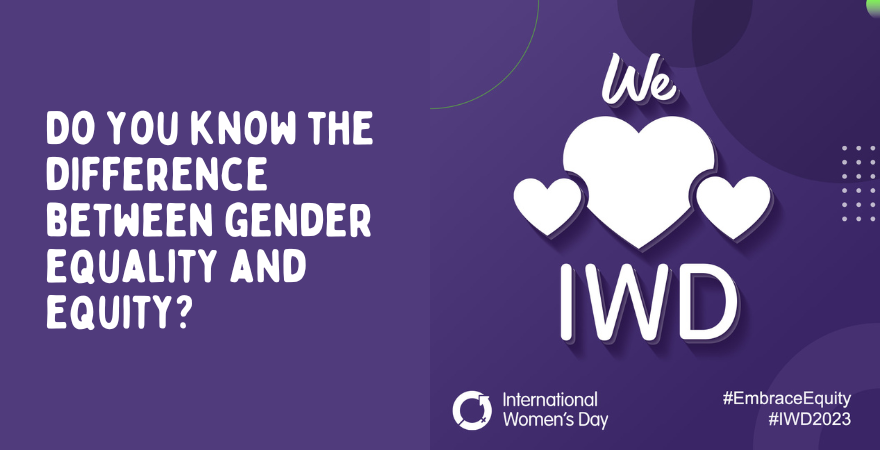
 Nina Hinton, Director of Business and Development
Nina Hinton, Director of Business and Development
Gender equality and gender equity are often used interchangeably, but they actually have different meanings.
Gender equality refers to the principle that all genders should have the same rights and opportunities in all aspects of life, including education, employment, and healthcare. It means that everyone should have equal access to resources and opportunities regardless of their gender.
On the other hand, gender equity refers to the fairness in the distribution of resources and opportunities based on the needs of each gender. It recognises that different genders have different needs, challenges, and strengths, and therefore require different levels of support to achieve equal outcomes.
For example, gender equity may involve providing additional resources and support to women in male-dominated fields to help them overcome barriers and achieve success. It may also involve implementing policies and programs that promote work-life balance and caregiving responsibilities for both men and women.
Gender equality focuses on equal treatment for all genders, while gender equity aims to address the unequal distribution of resources and opportunities among genders to achieve fairness.
